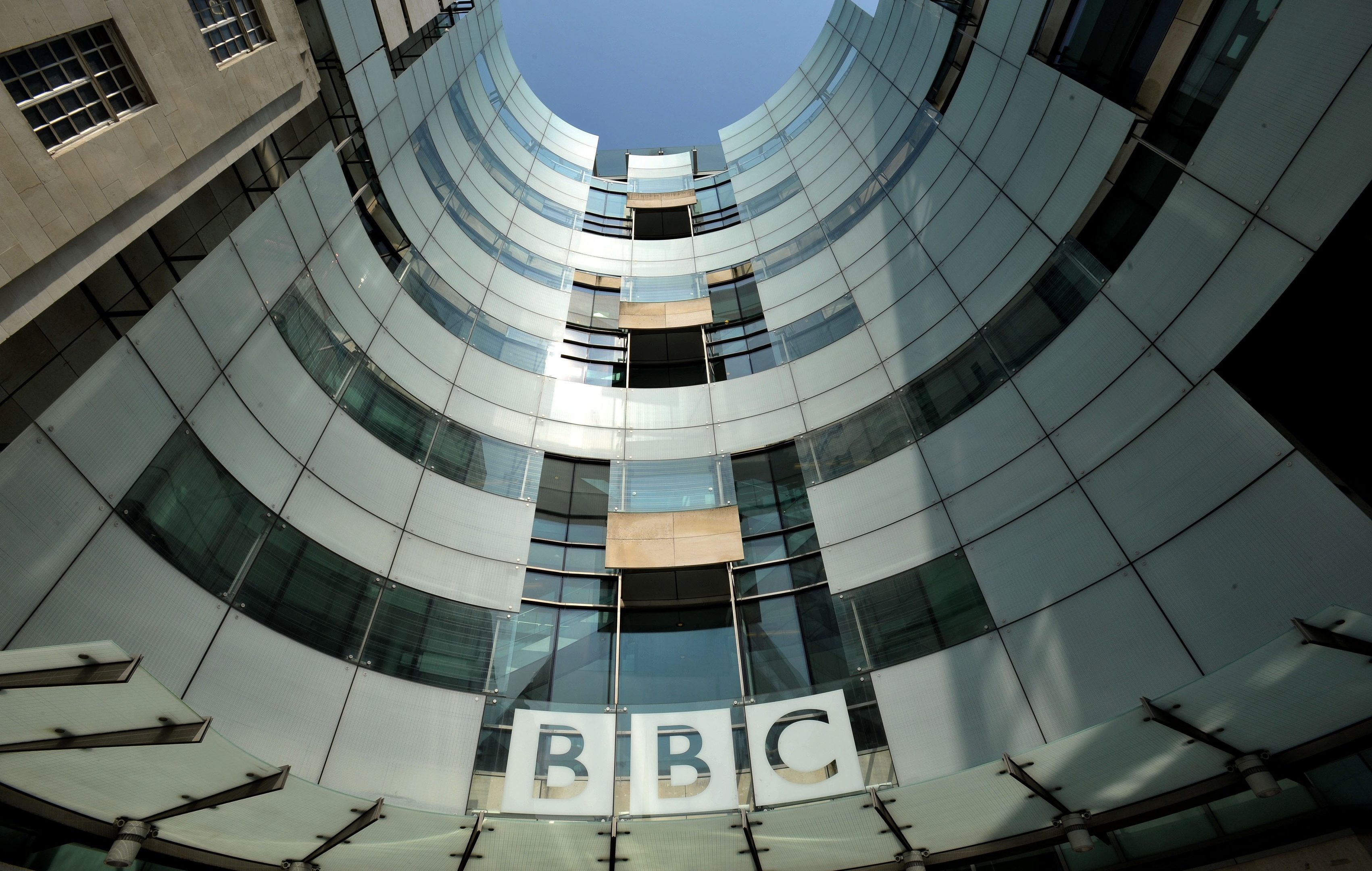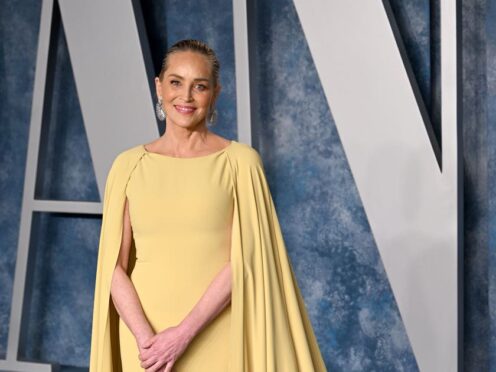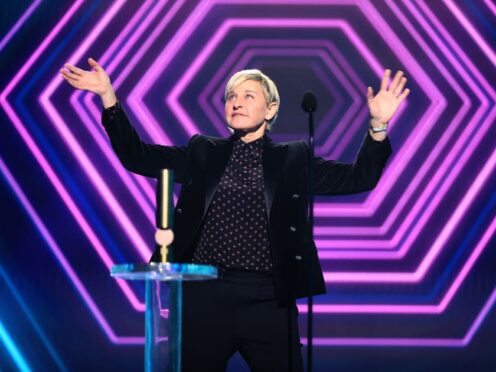BBC stars who earn more than the prime minister should be forced to publish their salaries, an influential group of MPs has said.
The Commons Culture, Media and Sport Committee said there is “no good reason” for performers, presenters and executives to “hide” their pay if they earn more than the PM.
Acting committee chairman Damian Collins said it is “disingenuous” for the BBC to claim it needs confidentiality to prevent talent poaching by rival channels.
He also said there is no reason why the Government’s plans for a new royal charter set the threshold for talent at £450,000, higher than that for executives.
Publishing a report on the proposals set out in the Government’s BBC White Paper, Mr Collins said: “On the question of pay, the point is that all these salaries are paid by the licence fee payer, whether they are for broadcasters or BBC executives.
“Why should there be different rules for each? It’s disingenuous to say confidentiality is needed to prevent poaching when in general everyone in the industry knows what everyone else is getting paid.
“The threshold should be the same for both executives and talent, the salary of anyone getting paid more than the prime minister should be published.”
The MPs also criticised the appointment of Rona Fairhead as chairwoman of the new BBC unitary board until 2018 without an open public competition.
She currently heads the BBC Trust, which will be abolished under the White Paper plans, but she will have more operational responsibility in the new role as the effective head of the corporation, the committee said.
The White Paper said the Government had decided Ms Fairhead should stay on as BBC chairwoman after the trust’s abolition and she told the committee she had been asked by former prime minister David Cameron and ex-culture secretary John Whittingdale to work in that role.
Mr Collins said: “Ms Fairhead’s experience with the trust and the benefits of continuity might well have favoured her in a proper, open recruitment process. But given the prestige of the new role it is likely that other strong candidates could have emerged.
“At any rate, it would not be appropriate for any minister, including even the prime minister, simply to offer her the job.
“Whatever rules for public appointments are finally settled on, there must always be a very good reason for not following due process. That was simply not the case here.
“There was no urgency: Rona Fairhead could have been asked to stay in post until the new charter came into operation. When the new arrangements for public appointments are in place, this sort of unusual appointment would likely be referred to the commissioner for review.”










